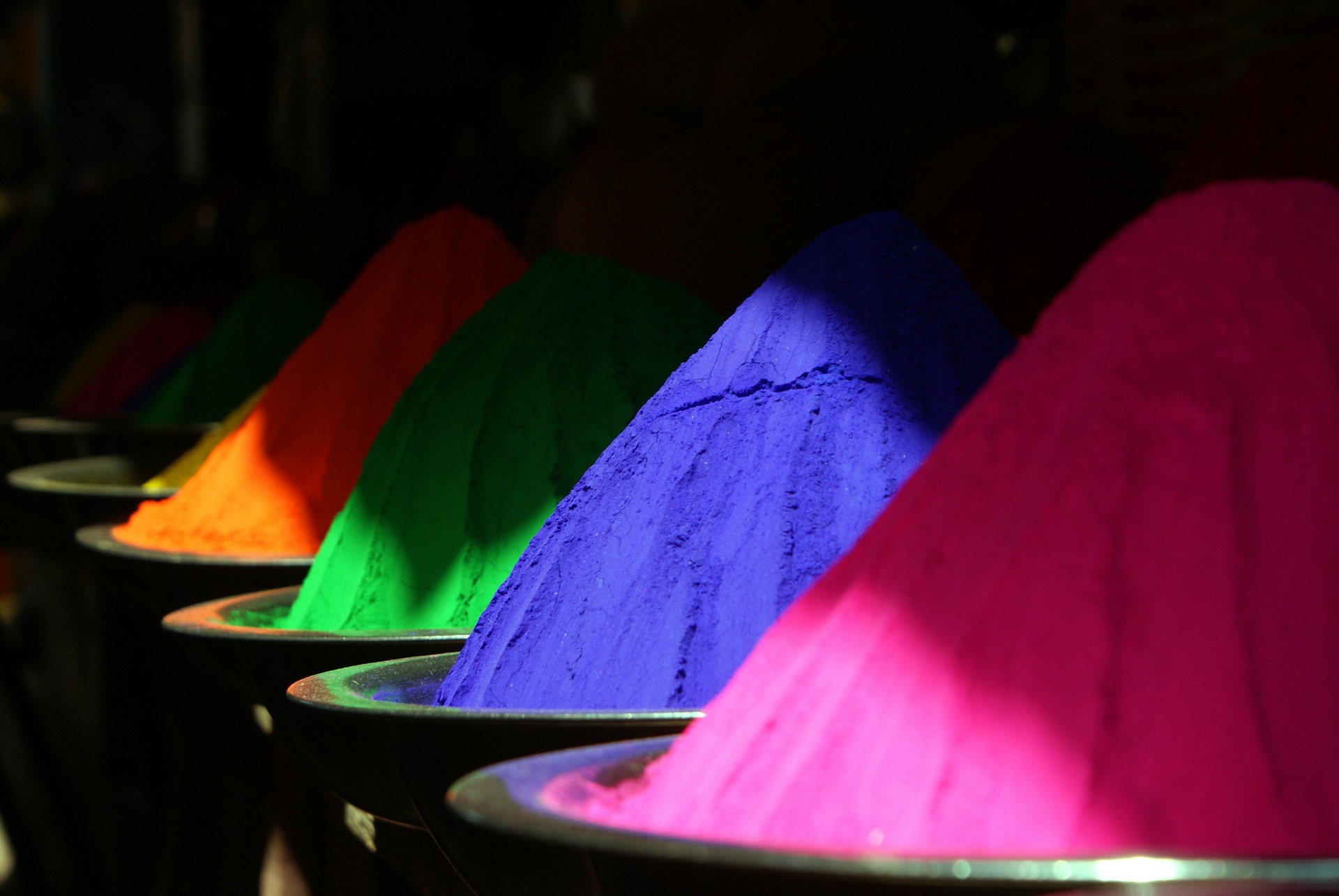The legacy of colonialism is ever-enduring. Since the 1600s, European powers Spain, Portugal, Germany, and Britain alike have been colonizing all over the world. Age-old Conservatives, including dear-old Boris, speak of traditional “British” values and the benefits of British sovereignty. The British Empire no longer exists but traditionalists are still talking about it. The Commonwealth is for all its worth, the successor of the Empire after all. Neo-colonialism is very much a concern in modern-day Britain.
British colonialism involved the appropriation of a myriad of cultures to suit British tastes. The British were responsible for the murder of and violence against a great number of people in colonized countries, notable examples being the nearly 28,000 women and children who died in concentration camps in South Africa during the Second Boer or the 1919 Amritsar Massacre which saw over 1,500 Indians protesting British rule murdered in cold blood.
Our “Great Empire” stole culture and appropriated it. The Koh-i-Noor diamond that has existed in India since the foundation of the Mughal empire was given to Queen Victoria in a peace treaty for a war started by the British East India company. It now sits in the crown jewels. David Cameron even acknowledged that “the British Museum would be empty” if stolen artifacts during the colonial era were returned.

Fast forward to the modern-day where The Indian Supreme Court ruled Section 377, a law that criminalized sex between men, as ‘unconstitutional’ and ‘a violation of rights’ on 6thof September. This law technically just criminalized sex between men but the stigma was felt by other members of the Indian LGBTQ+ community like lesbians, transgender individuals, and hijra sex workers. However, an important note that has been forgotten is this; it was a colonial-era law imposed by the British.
This vote is indeed historic. After news of this broke, the media quickly latched onto the idea of India “catching up” with the rest of the world. This is fundamentally wrong. India wasn’t “catching up” at all. It was decolonizing. Prior to British occupation, India was an incredibly liberal country. This was repulsive to British imperial generals who saw it as their God-given right to exercise “discipline” over the Indian population.
From gay Sufi lovers to Hindu transgender women. India’s sexual fluidity was always a dirty, barbaric concept to its western invaders and it is crucial for the LGBTQ community here in the west to understand this. This isn’t India becoming ‘westernised’. It’s India decolonising.
— Shahmir (@shahmiruk) September 6, 2018
Introducing a set of ‘divide and rule’ tactics, the British administration in India – first as the East India Company and later the Raj – sought out cultural differences and exploited them. The divide between Indian Muslims and Indian Hindus was created by the British in order to facilitate their agenda for it is easier to rule over a divided population than it is over a united one. The British knew this too well. And as a result, India had conservative LGBT+ laws imposed on it by the colonizers as a “moral cleansing” of sorts.
Gopi Shankar Madurai, Founder of Srishti Madurai LGBTQIA+ Student Volunteer Movement in India, stated ‘with this ruling, everyone in India, not just the LGBTI community, will be free from fear of prosecution by the ambiguous colonial law.’ He went on to say, ‘Everyone will have their basic rights guaranteed once again for the first time in centuries.’ If this isn’t a damning indictment of the damage colonial rule in India did to the LGBTQ+ community, I don’t know what is.
Congratulations are, indeed, in order for the LGBTQ+ community living in India, but the underlying and most fundamental point is this. The British have a lot to answer for. The Indian LGBTQ+ community was persecuted by Indian authorities for living their truest lives. This persecution stemmed from British rule and that should not be forgotten.
Eleanor Noyce

